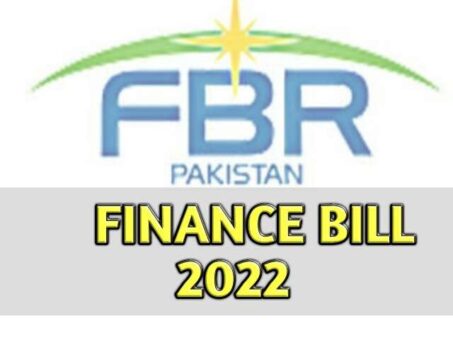KARACHI: The prize bonds of various denominations issued by the government of Pakistan are expiring on June 30, 2022.
So far no decision came from the finance ministry to extend the last date for exchanging bearer prize bonds. The federal government has already extended the last date for converting or exchanging the bearer prize bonds up to June 30, 2022.
The State Bank of Pakistan (SBP) issued a circular on March 30, 2022 to extend the date up to June 30, 2022 for exchanging or converting the bearer prize bonds including denominations of Rs40,000/- Rs25,000/-, Rs15,000/- and Rs7,500.
Earlier, the last date for exchanging the bearer prize bonds was March 31, 2022.
READ MORE: SBP directs banks to accept bearer prize bonds
The SBP instructed the banks to accept requests for encashment / conversion / redemption of cited denominations from general public till June 30, 2022.
“Further, the banks shall submit branch / region wise consolidated data of cited denomination national prize bonds held by them on last date i.e. June 30, 2022 latest by July 04, 2022, as per the instructions stipulated in aforementioned CMD Circulars.
READ MORE: Prize bond (bearer) holders given 3 months to document
The finance ministry launched the withdrawal of the unregistered prize bonds in a phased manner. The federal government on June 24, 2019, announced to discontinue the circulation of Rs40,000 denomination national prize bonds. Similarly, on December 10, 2020, the government announced to discontinue the circulation of Rs25,000 denomination prize bonds. In April 2021, the finance ministry announced that national prize bonds of denominations Rs7,500 and Rs15,000 shall not be sold.
Since June 2019 the government repeatedly extended the date for exchanging the bearer bonds. Previously, the last date for exchanging the unregistered bonds was December 31, 2021.
READ MORE: History of Prize Bonds in Pakistan
The government is aiming to document the bearer bonds so the exchanging the unregistered bond with cash has been prohibited. The ministry of finance issued various procedure to convert the bond without exchanging with the cash.
The bonds can be converted to premium prize bonds (registered) of denomination of Rs25,000 and Rs40,000 (subject to the adjustment of differential amount) through 16 field offices of State Bank of Pakistan (SBP) Banking Services Corporation (BSC), and branches of six commercial banks i.e. National Bank of Pakistan, Habib Bank Limited, United Bank Limited, MCB Bank Limited, Allied Bank Limited, and Bank Alfalah Limited.
READ MORE: Income tax on prize bonds, lottery winning
The bonds can be replaced with Special Saving Certificates/Defence Saving Certificates through the 16 field offices of SBP Banking Services Corporation, authorized commercial banks, and the National Savings Center.
The bonds will only be encashed by transferring the proceeds to the bonds holder’s bank account through the 16 field offices of SBP BSC as well as the authorized commercial bank branches and to the Saving Accounts at National Savings Centers.








